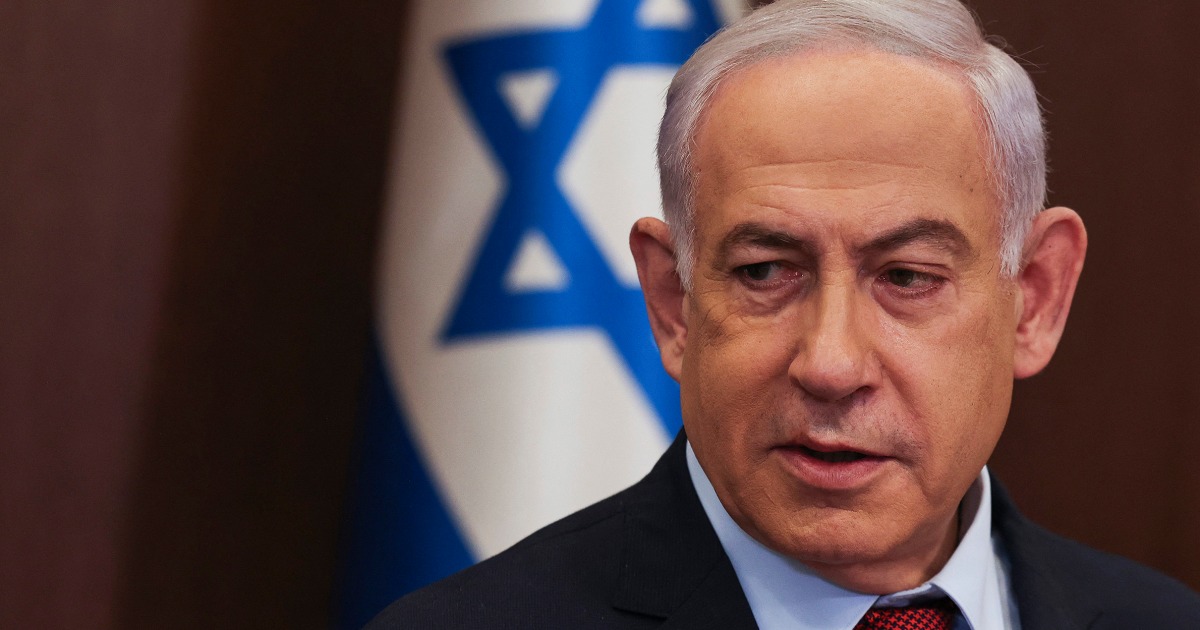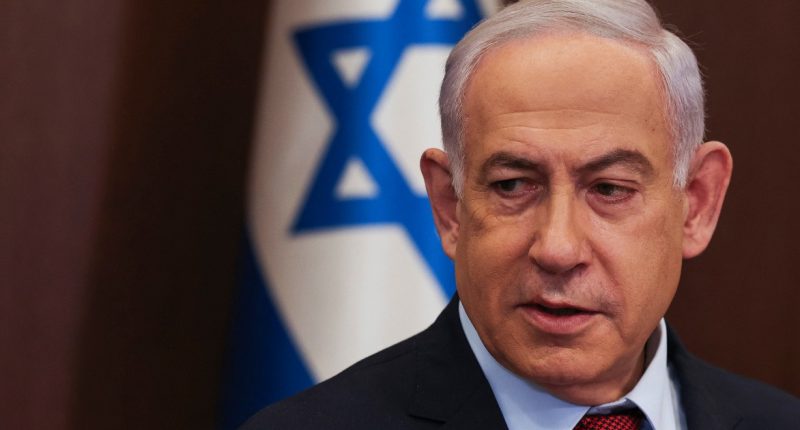
If Netanyahu hopes to show his constituents that Israel is winning in Gaza, one concern in Washington and the Middle East is that the definition of an Israeli “win” in the Palestinian enclave remains nebulous: U.S. and Western officials say Israel does not have a coherent political plan once its military campaign is completed.
Washington has also struggled to outline the future of Gaza. Israel’s stated goal of ousting Hamas could leave a perilous power vacuum that few Palestinian politicians or groups could hope to fill.
But even if regional worries are focused on Netanyahu, Hezbollah and other Iran-backed proxy groups have hardly been shying away from a fight.
Since the day after Hamas’ terrorist attacks, Hezbollah has been regularly firing rockets and other projectiles into northern Israel, forcing tens of thousands of Israelis to evacuate. Israeli retaliatory fire has killed 100 Hezbollah fighters, at least 18 Lebanese civilians and forced more than 30,000 Lebanese people from their homes.
Yet the fighting over Israel’s border with Lebanon has remained relatively constrained, hewing to unspoken rules of engagement that emerged from Israel’s month-long war with Hezbollah in 2006.
Other Iranian proxies throughout the region, which constitute the loosely connected “Axis of Resistance” inimical to Israel, the West and monied Sunni Muslim Arab Gulf kingdoms, have also been taking the offensive. Iran-backed Popular Mobilization Forces in Iraq have fired dozens of projectiles at American bases, Iran-sponsored fighting groups in Syria have fired at American military installations, and the Houthi rebels in Yemen have been targeting ships in the Red Sea.
Still, the U.S. intelligence community believes that Iran is not seeking a direct war with the United States but is looking to ratchet up pressure on Israel and the U.S. through its proxies, two congressional aides and a defense official recently told NBC News.
Western policymakers in Washington also believe that Iran is relatively satisfied with the more limited war’s outcome so far: The Hamas attacks seriously undermined diplomacy meant to normalize relations between Israel and Saudi Arabia. And Israel is facing an international outcry over its bombardment of Gaza and the plight of Palestinian civilians that has rallied massive protests, particularly in Western cities.
Source: | This article originally belongs to Nbcnews.com










